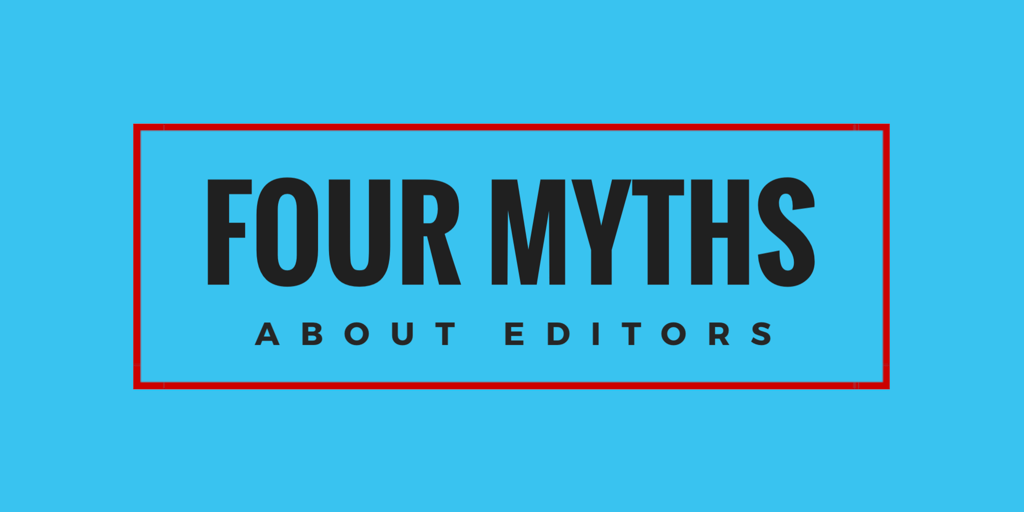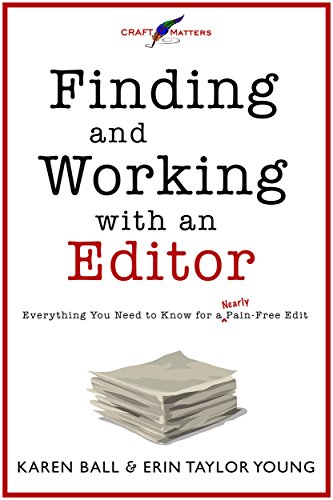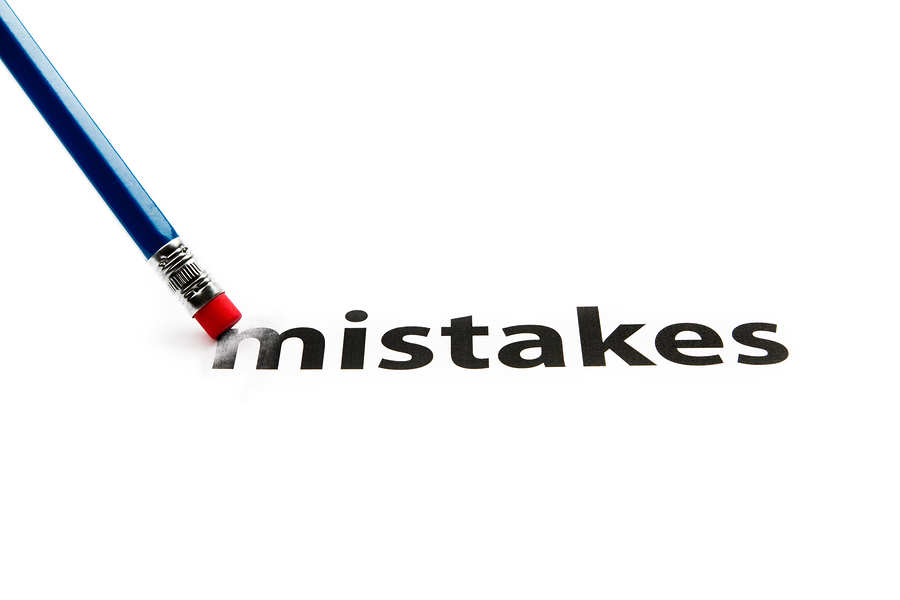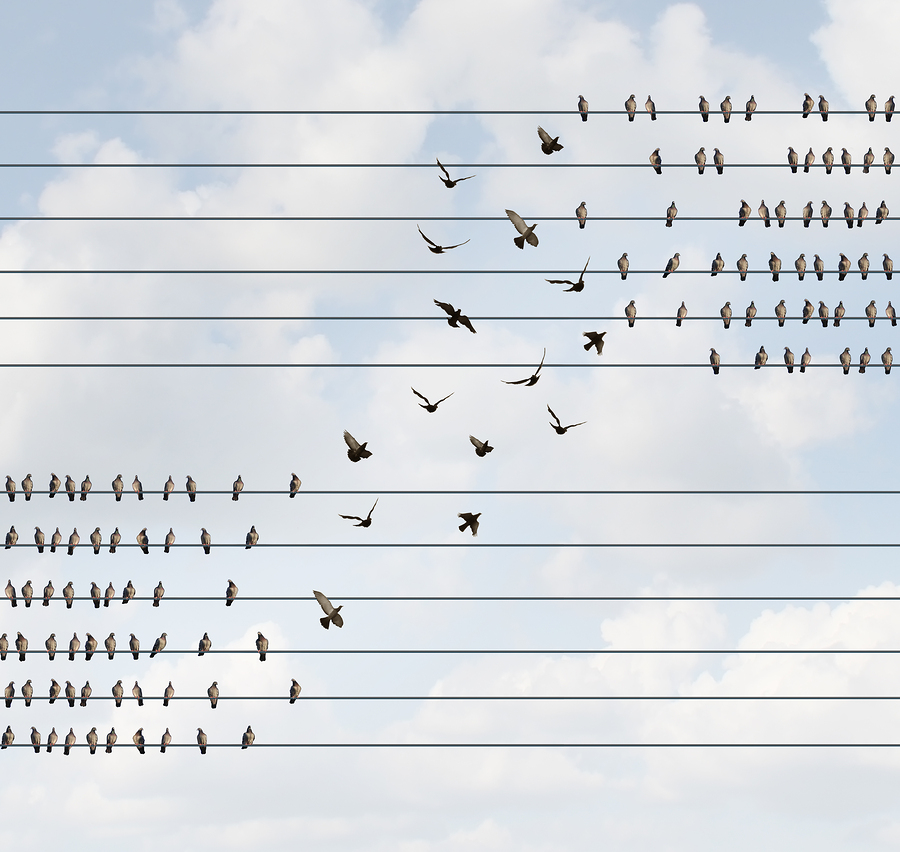Since even the most prolific authors’ experience with editors may be limited to one or two, editors can seem mythical. Let’s unwrap a few assumptions:
1) Editors don’t have to worry about the market. Agents advise writers to consider the market when writing. This is because editors do have to worry about the market and must make their acquiring decisions at least partially with the market in mind. Yes, they desire amazing writing, a sweet author, and clean copy. But they have to please the president of the company and, most important, shepherd a book that will ultimately be purchased by many readers.
2) Editors have all the power. Editors are powerful, no question about it. They can dash the dreams of a writer with a “no” just like that. But when editors do like a manuscript enough to take it further up the chain, they must justify why your book is the right book to be published by their house at that time. Then the committee (or maybe even two different committees at separate meetings) must agree. The process helps the author, because it means the team is behind you. It’s not just you and the editor against everyone else. Your book is supported.
3) Editors who like me and my work won’t ask for many revisions. You may not be asked to revise much, but don’t count on it. An editor asking for revisions, and even rewrites, still likes you and your work. It’s just that the editor strives to make your work the best it can be to be published for the reading public. The editor is on your side. Always remember that.
4) I only have one shot with an editor. That’s generally not the case. Authors can improve on craft, story, and platform, and have another shot with an editor. You’ll be able to discern from the type of decline letters you receive. Here’s where your agent can be your guide.
Your turn:
How many times have you approached the same editor?
How has rejection encouraged you to improve your craft?











